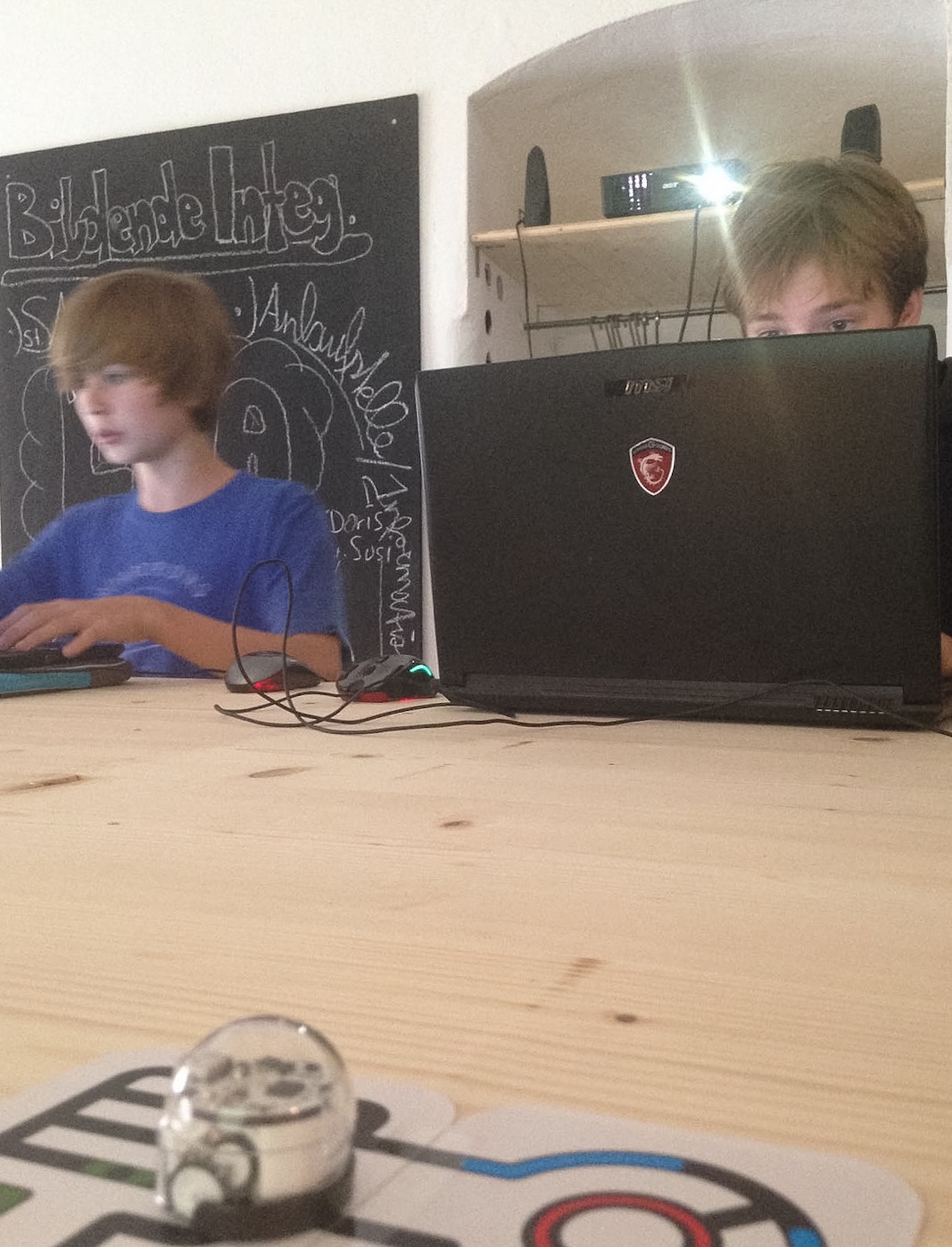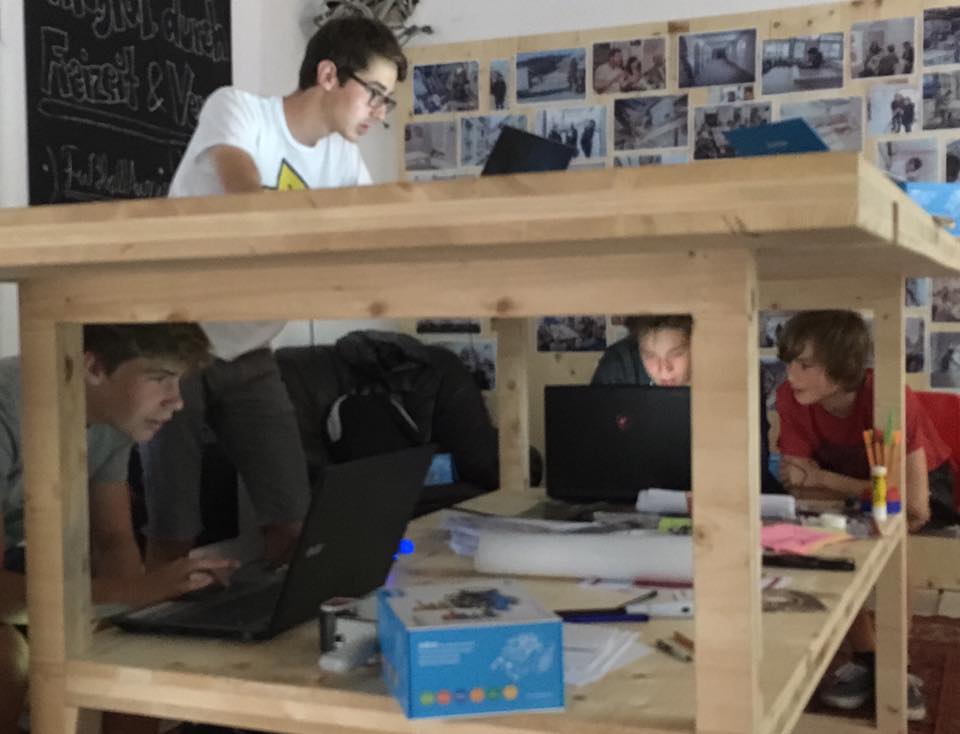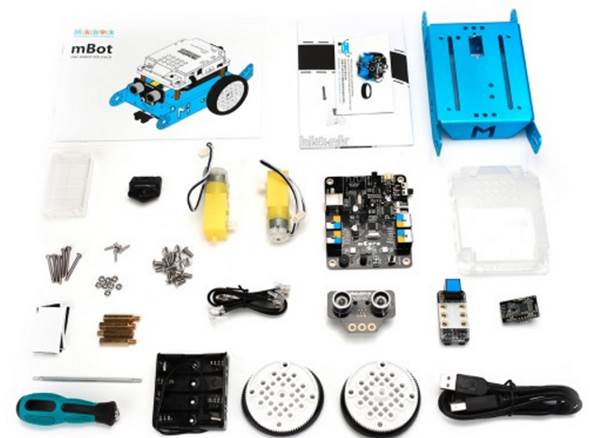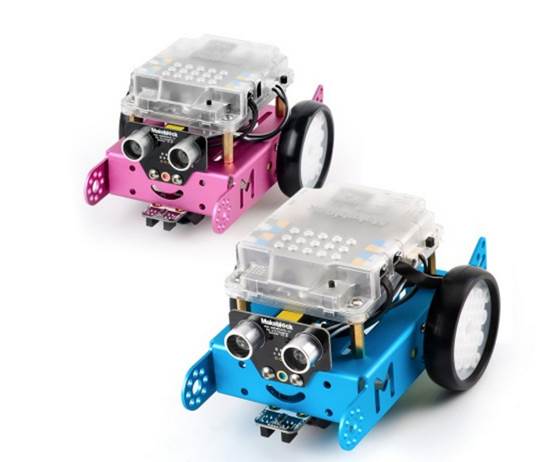Educational Project by Maurizio Viviani
Artificial Intelligence for young students: programming, creating, painting, logic learning, mathematics
My name is Maurizio Viviani, I am a senior software architect for complex autonomous systems, the passion of my life. I am founder of a deep learning programming school making technologies converge and founder/cofounder of many FabLabs and open source research centers
Deep learning programming and teaching, taking out weight of mechanical equipments thanks to best performance parallel software, increasing autonomy and mileages and safety, working on devices headed to Mars. Development and dissemination of a methodology for creating algorithms and programming for children
The sooner we educate young students in programming, the better they will unerstand and program and make Artificial Intelligence
The technologies I use are all made in Italy and very very cheap (but powerful, provided they are well programmed) thanks to Arduino technologies (Torino) that put everything available in open source (or in cheap original kits)
The current educational tools available, completely built by Arduino technology (Italy), given to the world as open source, allow children (and adults, too) to learn a new discipline, which is not limited to programming, mechanics, robotics, logic, electronics, but it's Artificial Intelligence, so hard do understand for our minds formed differently but much more natural for the youngest minds.
The underlying technologies are tools for creating a different AI.
For first-class children who are learning how to read and write we work with Cube, a small robot that helps to create the code using wooden bricks, the robot itself is made of wood and it is approved internationally by the Montessori system
For children of second and third class we use littleBits, a modular system whose programming is carried out by placing the nearby components with magnetic contacts. Children create the code by touching it with their hands and by modifying the effects that their idea (algorithm) is creating by their code
The fourth and fifth are ideal terrain for Makeblock, rovers and all autonomous robots to be programmed with the oversimplified language for children developed by the Massachusetts Institute of Technology
I remember that * all * robotics implemented for all classes responds to Arduino boards and, for this reason the MIT language is able to program all devices.
It is not necessary to know other programming languages, Scratch by MIT is the fusion of programming, visualization, simplification, mathematics (the only logic to which robotics responds)
Our robots are for STEM teaching / studying (Science, Technology, Engineering and Mathematics) and they push towards multidisciplinary learning , which is more relevant than individual branches
Creativity for 10 years old children was equal to that of university students in my classes. Adult students are often limited by uncertainty that something in artificial intelligence should be done or not. Children just try it, even impossible commands/tasks, they learn on their own whether something can be done or not. Final papers of 10 years children are comparable to those in their twenties, so long as we do not use mathematical instruments out of their knowledge
I am committed, with other colleagues in the world of robotic ethics and I believe that we should not be the ones to depend on robots, but vice versa. The present generation is suffering from a lack of training with respect to new technologies and is undergoing the tsunami generated by accelerating technological world
Since the 90’s Bill Gates and other big IT CEO/famous professionals warned that soon the 50% of occupations would be only in the world of programming. Warning that has been promptly ignored
As of my experience gained all over the world (FabLabs, Universities, Tech parks, Research centers and institutes), the product is well developed and we have the possibility of training a generation with abundance of jobs and study paths
Request the course











